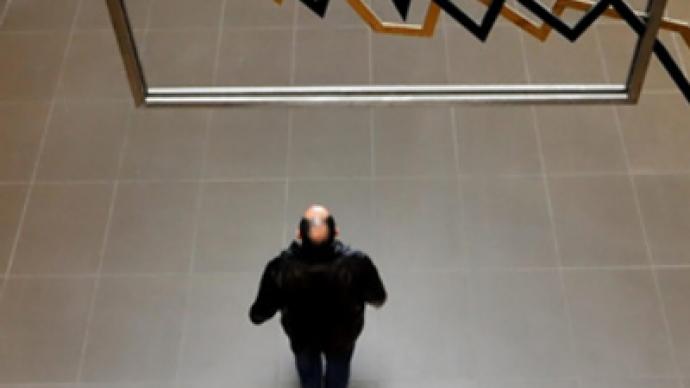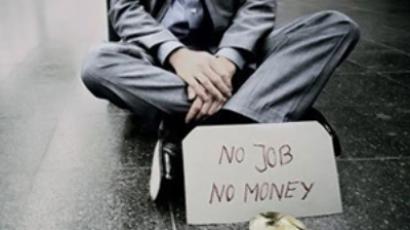Greek crisis to crash Eurozone utopia?

The eurozone’s secret is that its pockets are a little dusty. It could print or borrow the cash to bail out Greece and but it knows that would not be the end of it.
Far cleaner for Germany to turn its back on the project, as one investment bank has suggested.
This became apparent when the EU searched its undergarments for a financial girdle big enough to support the bloated, indebted Greek government. But the Greek crisis is bursting out all over. No sooner had the Athens government promised to control its spending than savers fled Greek banks.
The promise of €45 billion in vague loan guarantees was supposed to stop this. Eurozone officials insisted Greece would not need the money. They were just offering a loan of staggering proportions to calm the markets by showing support for Athens.
Bring the suitcase to Athens
The Greeks asked for the money by the end of the same week. On Friday, April 16, 2010, the Greek government called for “discussions” with the European Central Bank on how to draw down the loan. Strictly they haven’t asked for the credit to be activated but would just like to know if, err, the money is, you know, ready.
Problem is, the ECB may not have decided. On Sunday, April 11, European finance ministers, in Eurospeak, gave the ECB a mandate to offer Greece a loan. The ECB’s job was to work out the price, time span and conditions (sorry, conditionality in Eurospeak).
Now it emerges that the EU may not have the money anyway. Toby Nangle, director of asset-allocation research at Baring Investment Securities in London, told Bloomberg that market players were betting their own money on the latest EU package not going through.
The EU has form. In 2009 it waded into the gas dispute between Russia and Ukraine, making an offer to upgrade Ukraine’s pipeline network without consulting Russia, whose gas flows through those pipes.
If it was an attempt by the EU to snub Russia, it backfired. The EU’s promise to help finance a new gas transit network for Ukraine turned out to be a list of banks that Ukraine might like to call. Money there was none.
How much does Greece want? Eurozone officials suggest €30bn in the first year. The IMF could offer €10bn in the first year and up to €40bn over three.
Second phase of the global crisis
Now Morgan Stanley’s head of research Joachim Fels has criticized the European Central Bank’s decision to accept lower-grade collateral from Greek banks in return for ECB loans to help them through the crisis.
This, says Fels in a note to clients, could lead to the eurozone into a spiral of high spending and high inflation. Greece could not afford to exit the euro because that would mean even higher borrowing costs. Germany, on the other hand, would only benefit by exiting the euro as its credit rating would ensure much lower interest rates.
The ECB executive board are not fools. They know the risks. Board member Juergen Stark this week said the sovereign debt impasse that has Greece is suffering may be the second phase of the global financial crisis.
Of the 16 eurozone countries, 13 are in breach of EU rules to limit the gap between government income and spending.
German could afford to bail out Greece, which represents only three per cent of eurozone GDP. But then Portugal, Italy or several Baltic countries could be next. And it would draw protests from Ireland, which has shown the political will to tackle its funding crisis alone.
When I, along with dozens of reporters, covered the launch of the single currency back in 2000, there never was a plan B. Like communism, the launch of the euro was intended to be a once-and-for-all transition to a new world.
We have discovered, in the past century, what the Gods have in store for man-made Utopias.
Mark Gay, RT













